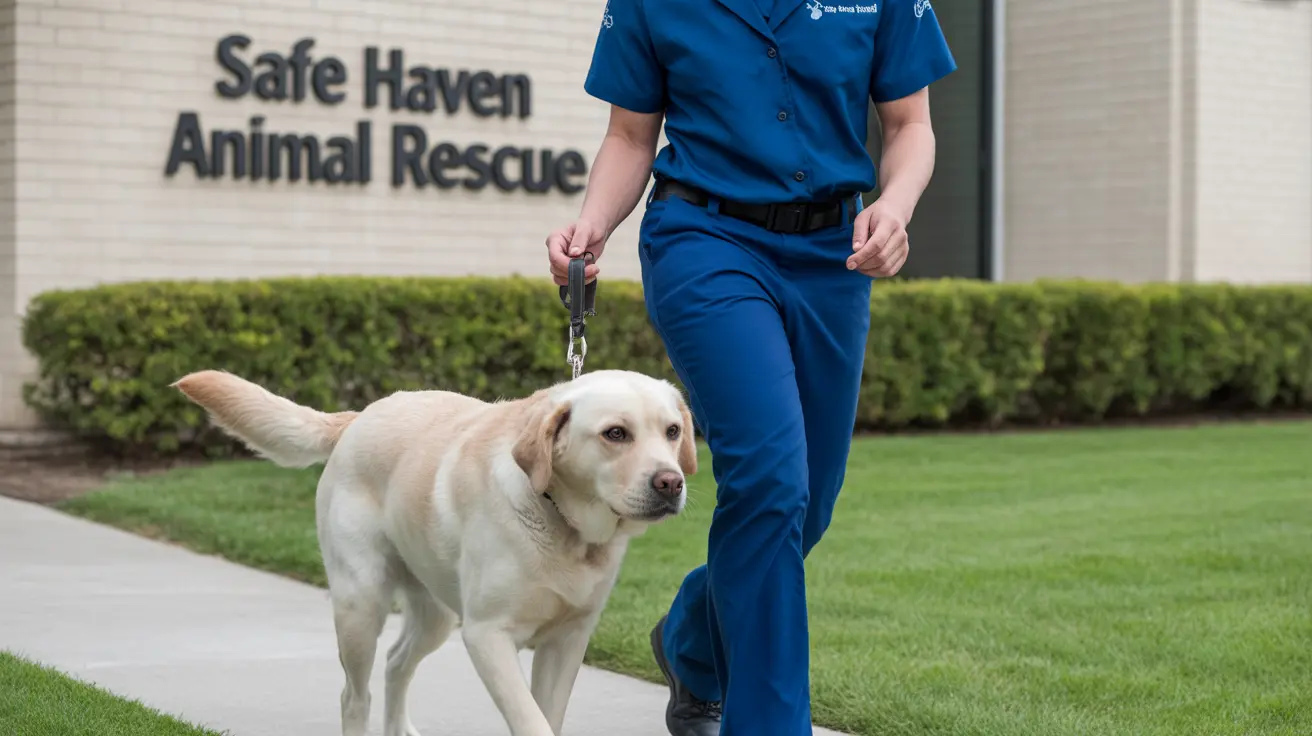Protecting both animal and human health requires a comprehensive approach to pet healthcare, with vaccinations playing a crucial role in disease prevention. Stillwater Animal Welfare is taking proactive steps to educate local residents about the vital importance of pet vaccinations and routine healthcare maintenance for their beloved animals.
The initiative highlights how neglecting animal healthcare can lead to serious consequences that extend beyond pets to affect human health, emphasizing the interconnected nature of animal and public welfare. Through their educational programs, Stillwater Animal Welfare is working to ensure that pet owners understand their responsibilities in maintaining their pets' health through proper vaccination schedules and preventive care.
Understanding the Importance of Pet Vaccines
Preventive pet medicine forms the foundation of responsible animal care, with vaccinations serving as a primary defense against numerous dangerous diseases. Core vaccines for both dogs and cats protect against potentially fatal conditions while simultaneously safeguarding public health by preventing the spread of zoonotic diseases that can transfer from animals to humans.
Core Vaccines for Dogs and Cats
Each species requires specific vaccinations to maintain optimal health. Dogs typically need protection against rabies, distemper, parvovirus, and adenovirus, while cats require vaccines for rabies, feline distemper, herpesvirus, and calicivirus. These essential immunizations help create a barrier against some of the most severe and commonly encountered diseases in the pet population.
Preventive Pet Medicine: Beyond Vaccinations
While vaccination programs represent a crucial component of pet healthcare routines, comprehensive animal care encompasses various other preventive measures. Regular veterinary check-ups, proper nutrition, and maintaining appropriate exercise routines all contribute to optimal pet health.
Zoonotic Diseases Prevention
The prevention of zoonotic diseases remains a primary concern for animal welfare organizations. These illnesses can spread between animals and humans, making proper vaccination and preventive care essential for maintaining public health standards. Stillwater Animal Welfare emphasizes education about these risks to help pet owners understand their role in community health protection.
Spaying and Neutering Benefits
Beyond disease prevention, spaying and neutering services play a vital role in community pet health programs. These procedures help control the pet population while reducing the risk of certain cancers and behavioral issues in animals. Additionally, they contribute to decreased stray animal populations, which can help limit the spread of diseases within the community.
Community Pet Health Programs
Stillwater Animal Welfare maintains its status as a no-kill animal shelter while providing essential services to the community. Their comprehensive approach includes:
- Vaccination clinics
- Educational workshops
- Routine health screenings
- Adoption services
- Community outreach programs
Frequently Asked Questions
Why are pet vaccinations essential for both animal and human health?
Vaccinations prevent deadly diseases in pets like rabies and parvovirus and reduce the risk of zoonotic diseases that can spread to humans, helping protect overall public health.
What are the core vaccines my dog or cat should receive and why?
Core vaccines for dogs typically include rabies, distemper, parvovirus, and adenovirus; for cats, they include rabies, feline distemper (panleukopenia), herpesvirus, and calicivirus. These protect against widespread, severe, and easily transmissible diseases.
How does Stillwater Animal Welfare support pet health and community safety?
Stillwater Animal Welfare offers vaccination, routine care, adoption services, and education, maintaining a high live release rate while mitigating disease and promoting responsible pet ownership to protect both animal and human health.
Ensuring Long-term Pet Health Success
The commitment to pet healthcare requires ongoing attention and regular maintenance. By following recommended vaccination schedules, participating in preventive care programs, and staying informed about pet health best practices, pet owners can help ensure their animals remain healthy while contributing to the overall wellbeing of their community.
Remember that responsible pet ownership extends beyond basic care to include active participation in community health initiatives. Through education and proper healthcare practices, we can all contribute to creating a healthier environment for both pets and people.






